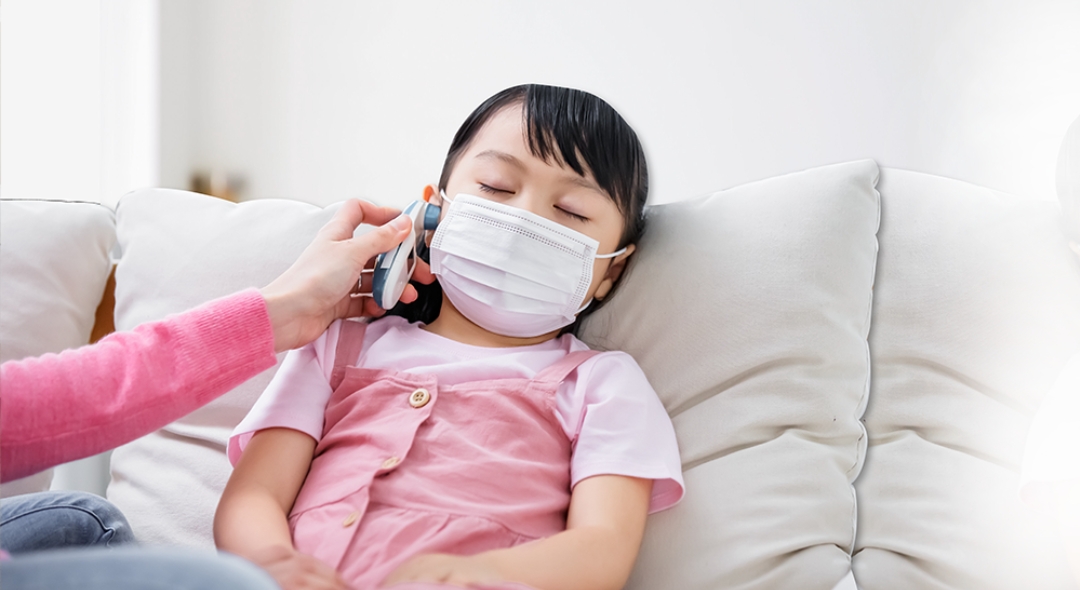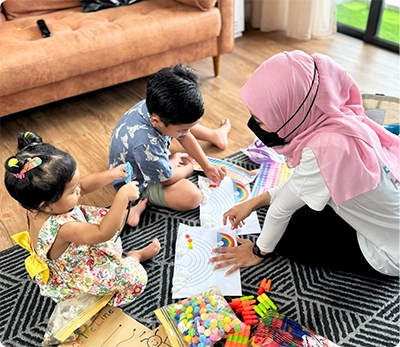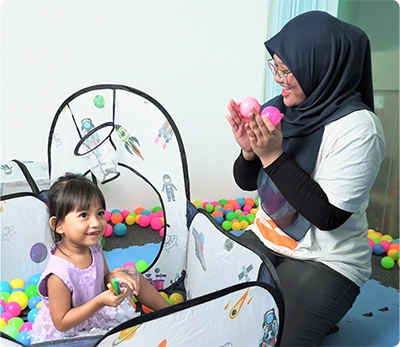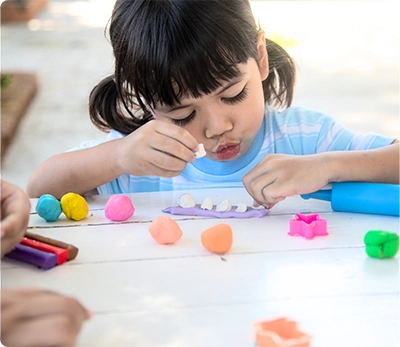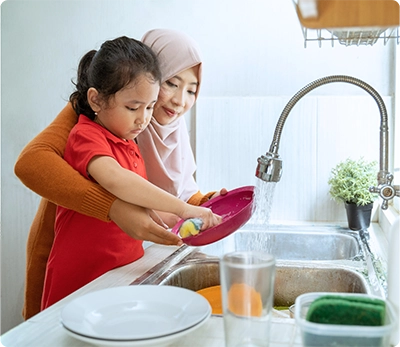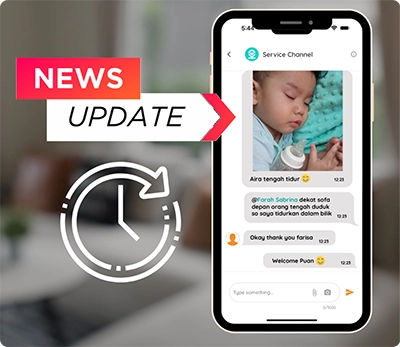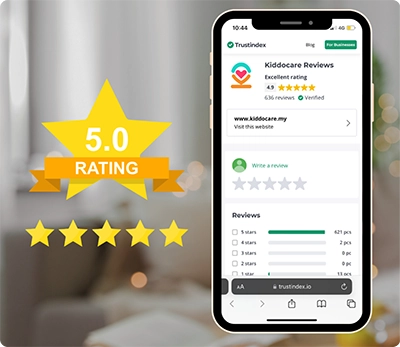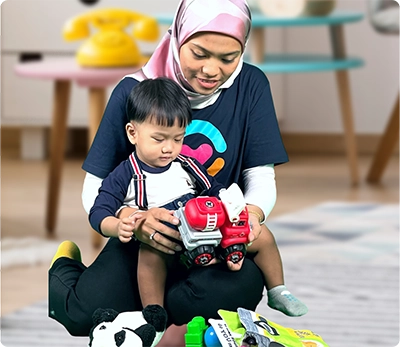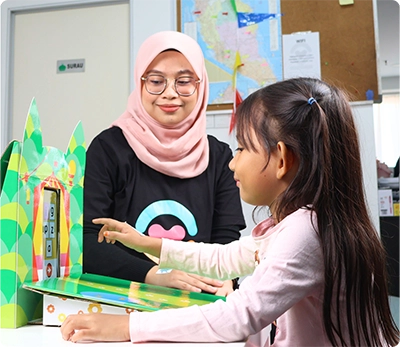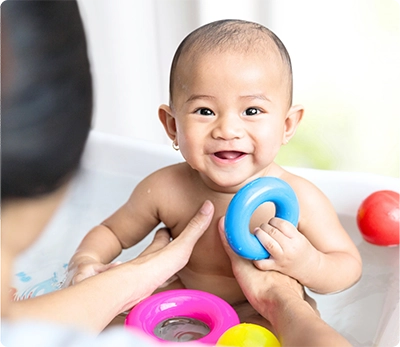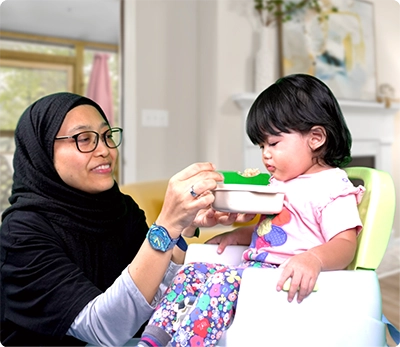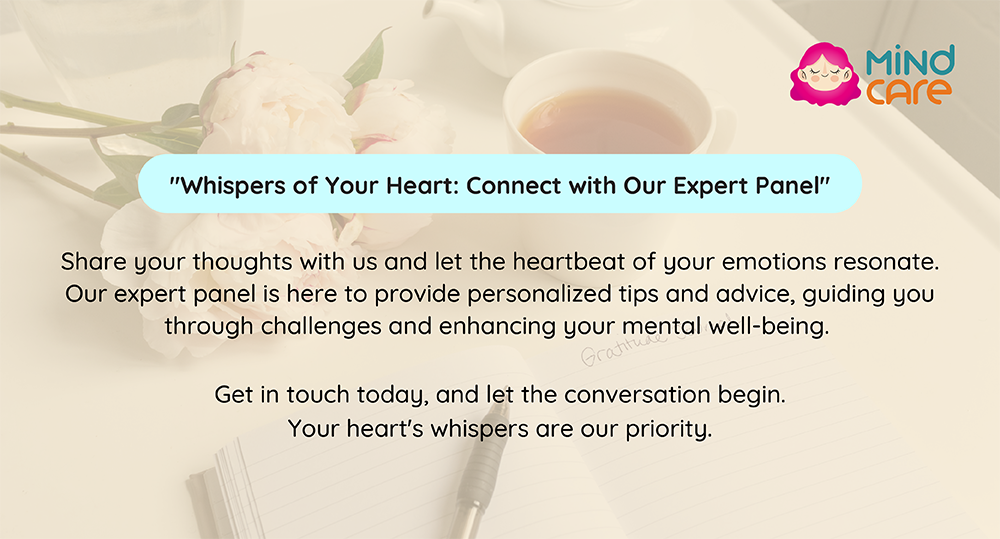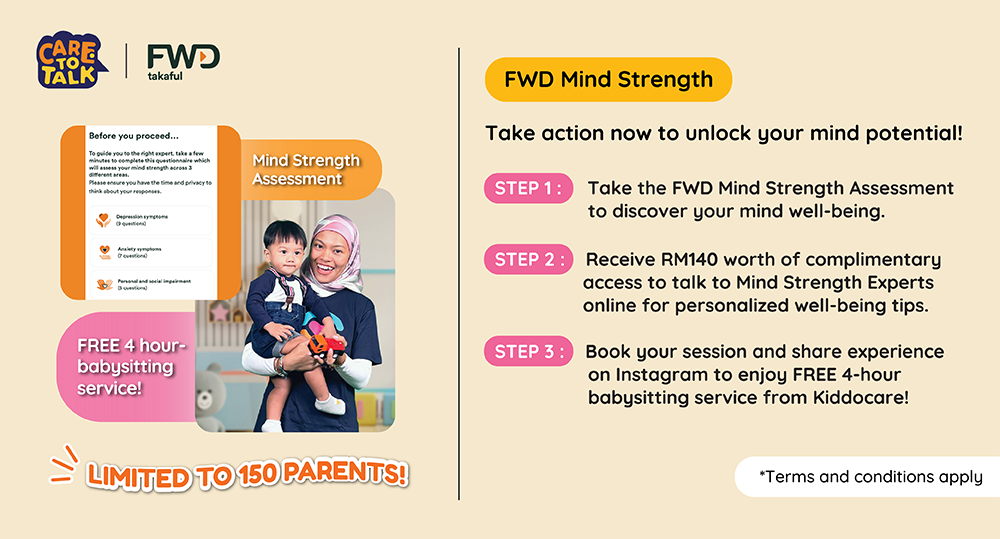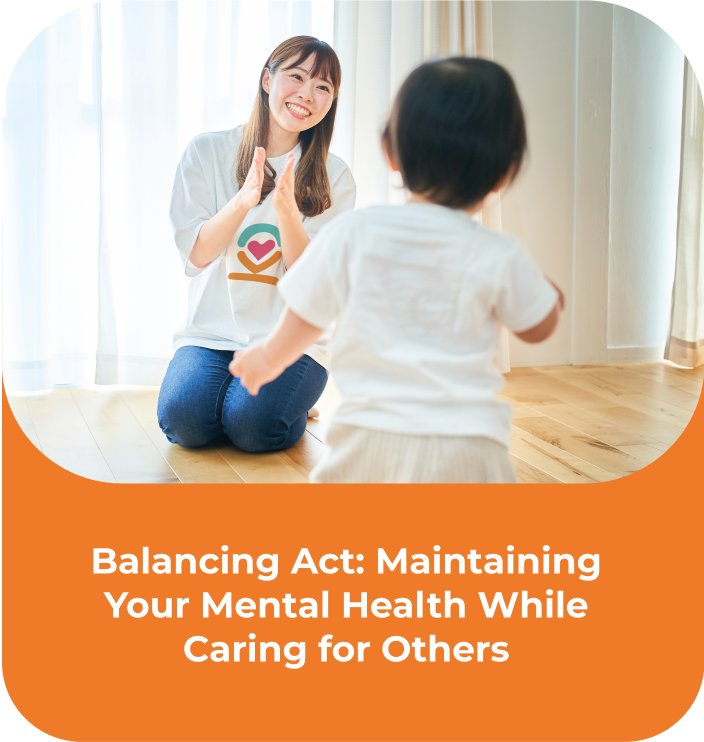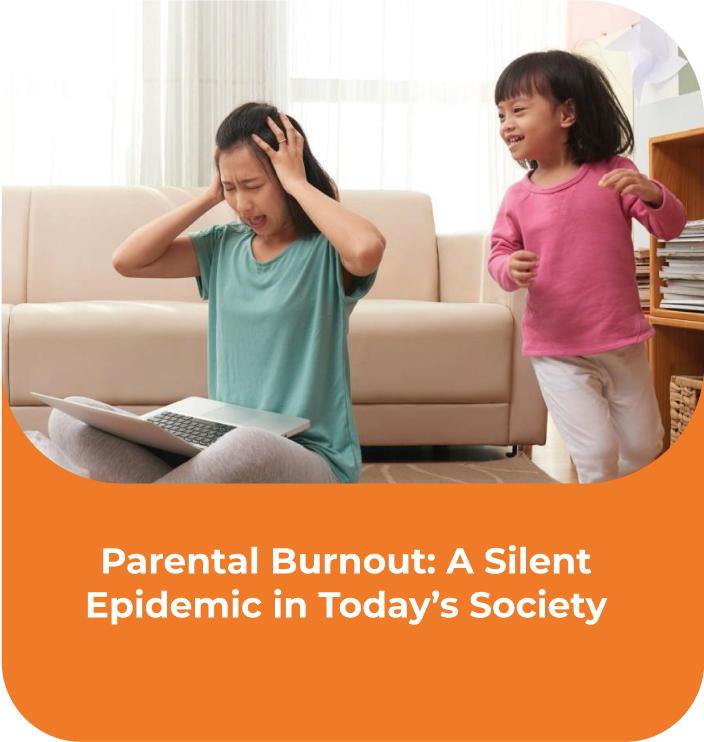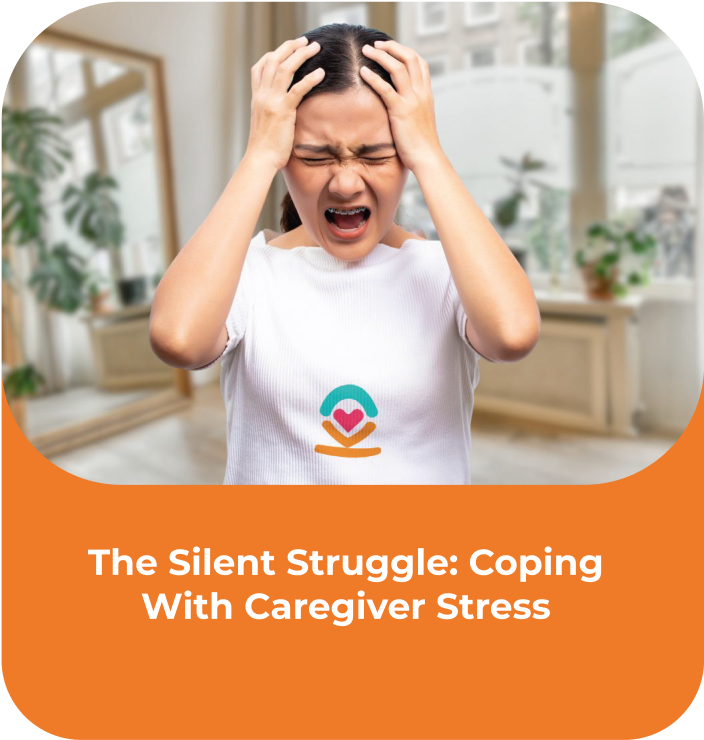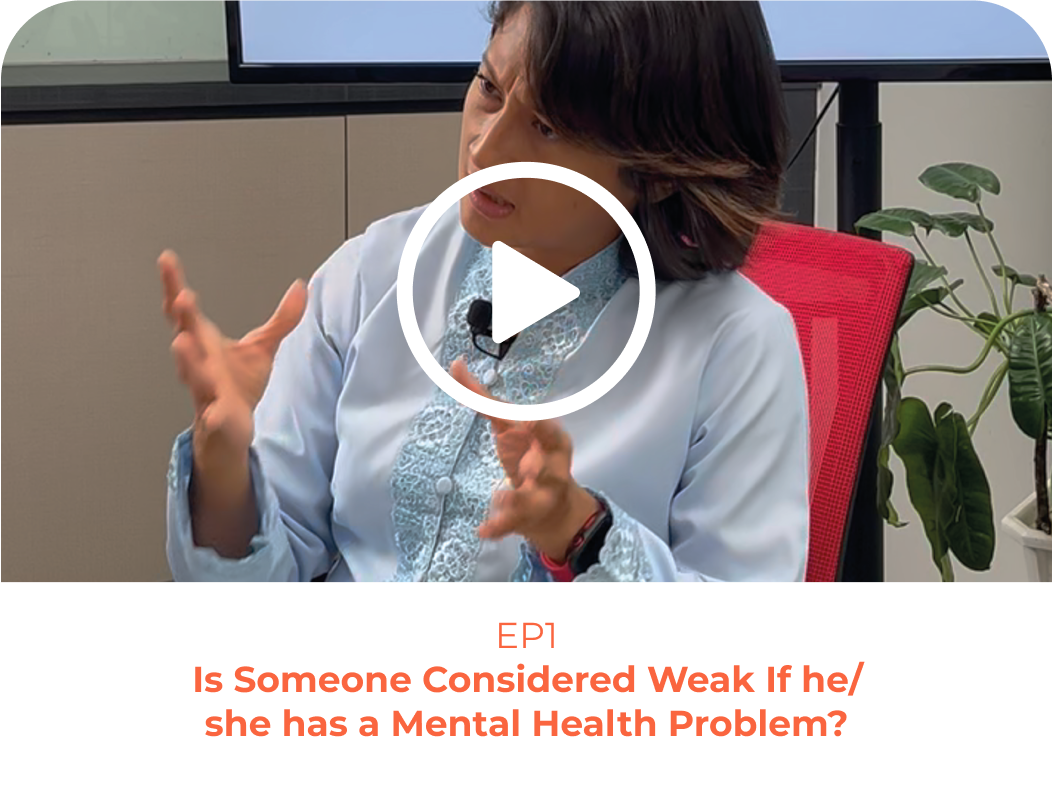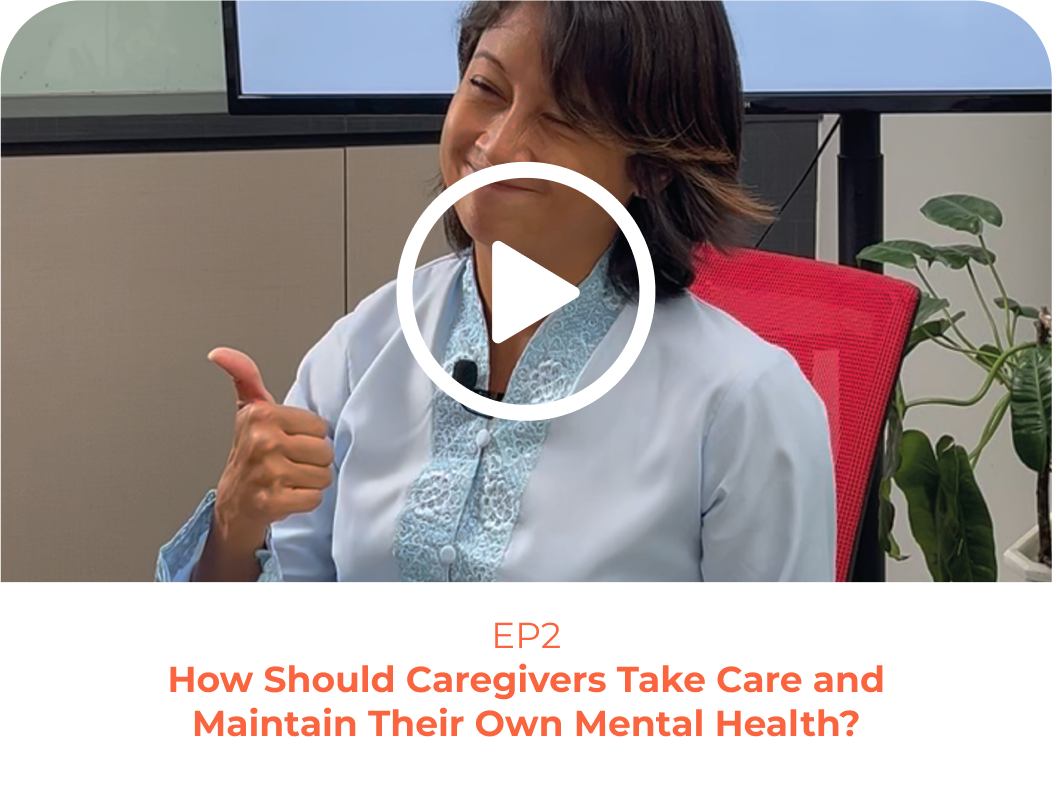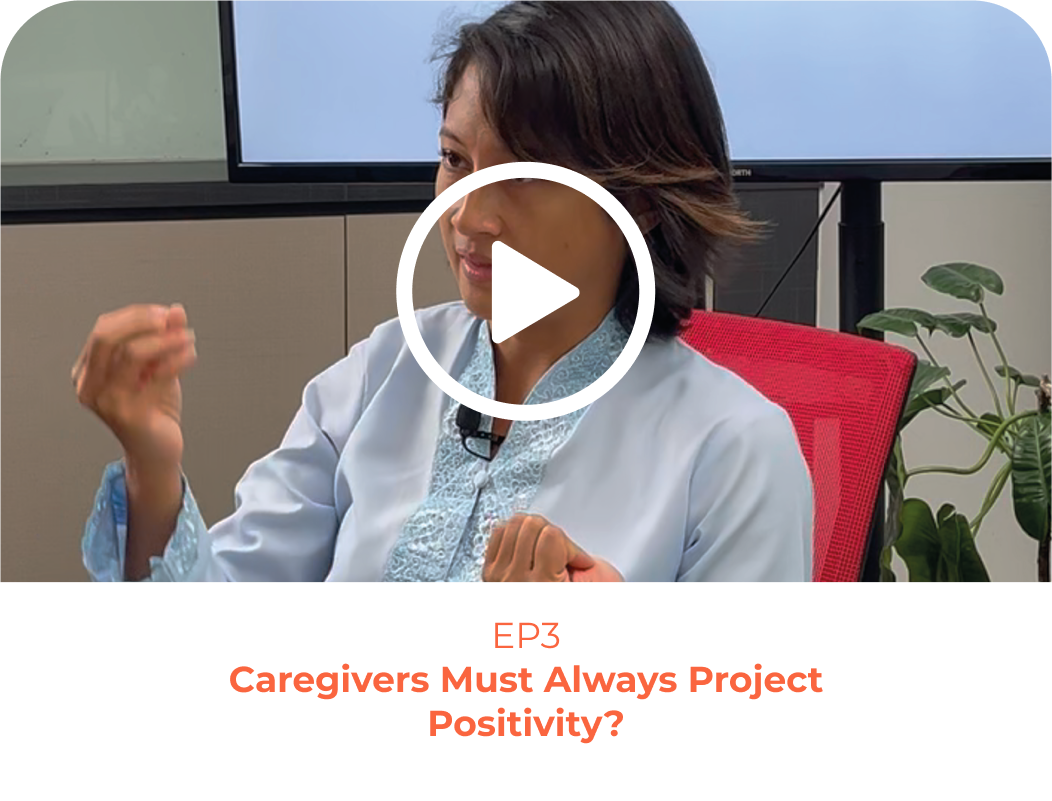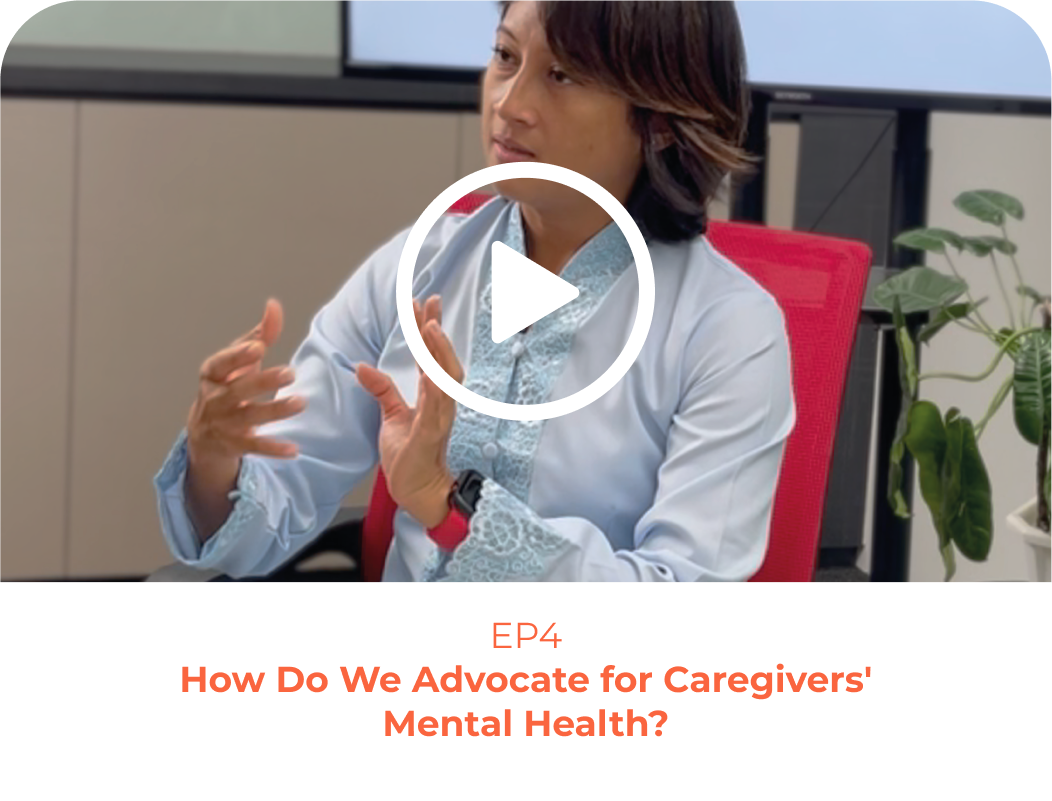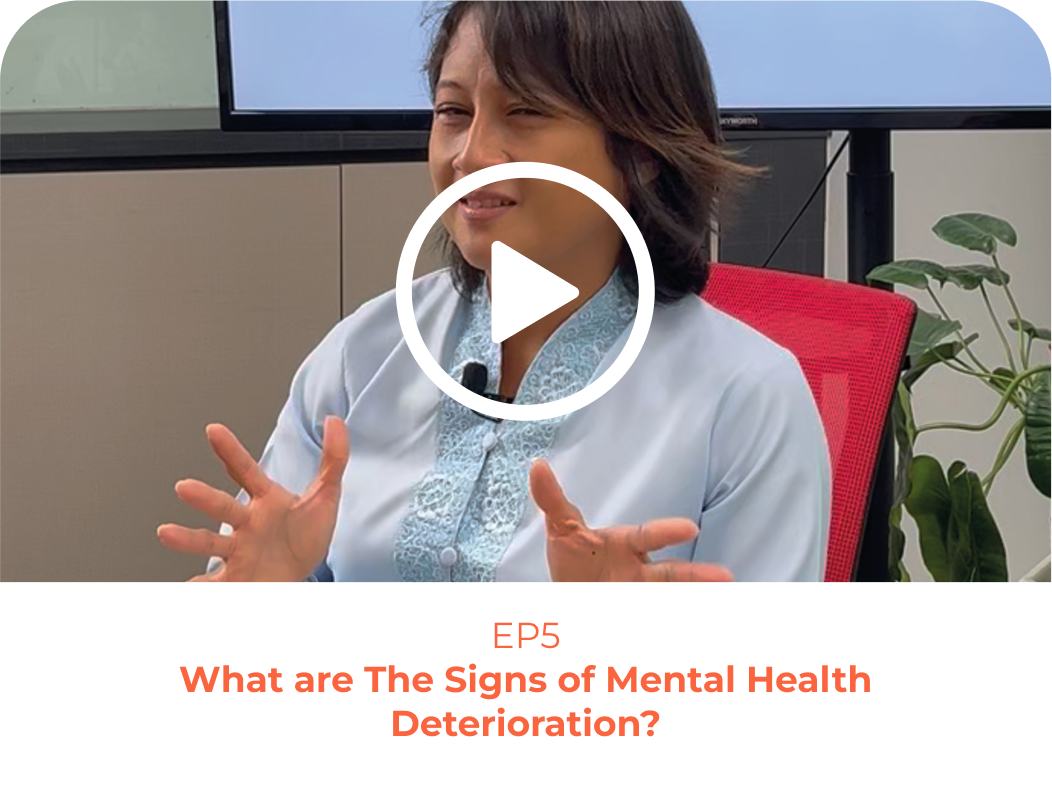4 Common Health Problems in Children to Look Out For
We ALL want what’s best for our children. Heck, your cousins and best friends also want the best for your children. They are precious little gremlins, making our lives much more meaningful.
Whether they are at home or at the park, every parent knows that our children’s health and safety are of paramount concern. When your children fall sick, it worries you to death. It feels like it’s the end of the world, right? That’s why as parents or guardians, the sooner we can act, the better the future will be for them.
The American Academy of Pediatrics (AAP) has put together some of the most common health problems in children. This will help you to be better prepared to act promptly if you need to.
Here are some for you to look out for:-
Ear Infections
According to the American Academy of Pediatrics, children are more susceptible to ear infections than adults. Ear infections can cause earache and temporary hearing loss and they can be caused by bacterial or viral infections.
If your children have ear infections, they may experience the following symptoms:-
- Ear pain
- Fever
- Irritability
- Tugging or rubbing at an ear
- Difficulty sleeping
However, the symptoms for ear infections can be mistaken for teething.
A rash, moderate fever, and aching gums are all common symptoms of teething. Your baby may squirm, dribble, or even tug at or rub their ear. However, bear in mind that teething should not make your baby unwell.
On the contrary, ear infections can cause high fever, irritability and rubbing at the ear. If your children seem to be in pain or the symptoms do not improve over time, you should not wait any longer, take your children to see a doctor as soon as possible.
The Royal Australian College of General Practitioners (RACGP) suggest not to use antibiotics to treat middle ear infections in children between the ages of 2 to 12 years old unless if… there are signs of your children being generally unwell. You should also avoid using ear drops to your children except if they are prescribed by a doctor or recommended by a pharmacist.
It is important that you always keep an eye on your children. Advise them not to put anything in their ears. If they feel uncomfortable, ask them to seek your help.

Hand, Foot & Mouth Disease
This disease is a viral condition that causes blisters on your children’s hands, feet and mouth and usually lasts around a week or two. It is highly contagious amongst children. However, you should note that this disease is not the same as foot and mouth disease that affects animals.
According to the Centers for Disease Control and Prevention (CDC), hand, foot and mouth disease is most common in babies and children younger than 5 years old compared to older kids and adults.
Symptoms include:
- Fever
- Sore throat
- Tiny blisters on the hands, feet, mouth and nappy area
What you can do is advise your children to drink plenty of water and rest as much as possible. You children may avoid drinking or eating if the blisters in their mouth area are painful but because we want them to have a speedy recovery, make sure that they always stay hydrated.
There are a few things you can do to reduce the risk of hand, foot and mouth disease. It is essential that your children regularly wash their hands. Furthermore, the first thing they need to do once they have arrived from school or playing at the playground is to take a bath and clean up thoroughly. Your children should not also share items such as forks, spoons and drinking cups.
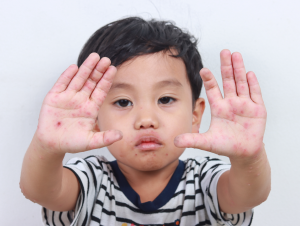
Conjunctivitis
Conjunctivitis or more famously known as ‘pink eye’ is a common eye infection in children. Your children may get this from time to time.
The signs and symptoms include:
- Inflammation of the eye
- Itching or burning eyes
- Swelling in one or both eyes
- Green and/or yellow discharge from the eye
- Redness of the eye
Do not panic if your children are experiencing conjunctivitis. If the condition does not improve in 12 hours, it’s best for you to take your children to the doctor. The doctor should advise you if antibiotic eye drops are necessary for your children.
Your children may have the tendency to touch their eyes due to itchiness. Advise them that touching them will only make things worse. Make sure that they frequently wash their hands to minimize the risk of spreading bacteria and tiny microorganisms.

Gastroenteritis
Gastroenteritis or gastro is a gut infection that causes inflammation of the stomach and intestines which may then lead to diarrhea and vomiting. Although the vomiting may stop after some time, the diarrhea can last up to almost two weeks!
Other than diarrhea and vomiting, other symptoms include:
- Nausea
- Loss of appetite
- Fever
- Headaches
The most common cause for gastroenteritis is a viral or bacterial infection. What you can do to prevent this is keep them hydrated by drinking lots of water. Don’t also forget to wash hands for both you and your children especially after using the toilet or before handling food.
If your children are recovering from gastro, it’s best for them to rest for a couple of days at home as infectious diseases including gastroenteritis can spread quickly in school.
However, if your children are under six months old, you should always get them checked by a doctor.
Every parent wants their children to be healthy and fit. The most important thing you can do is stay informed and keep you and your children’s hygiene at its best.
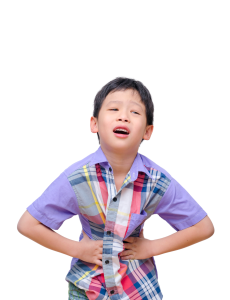
Written by:
Ian Firdaus

